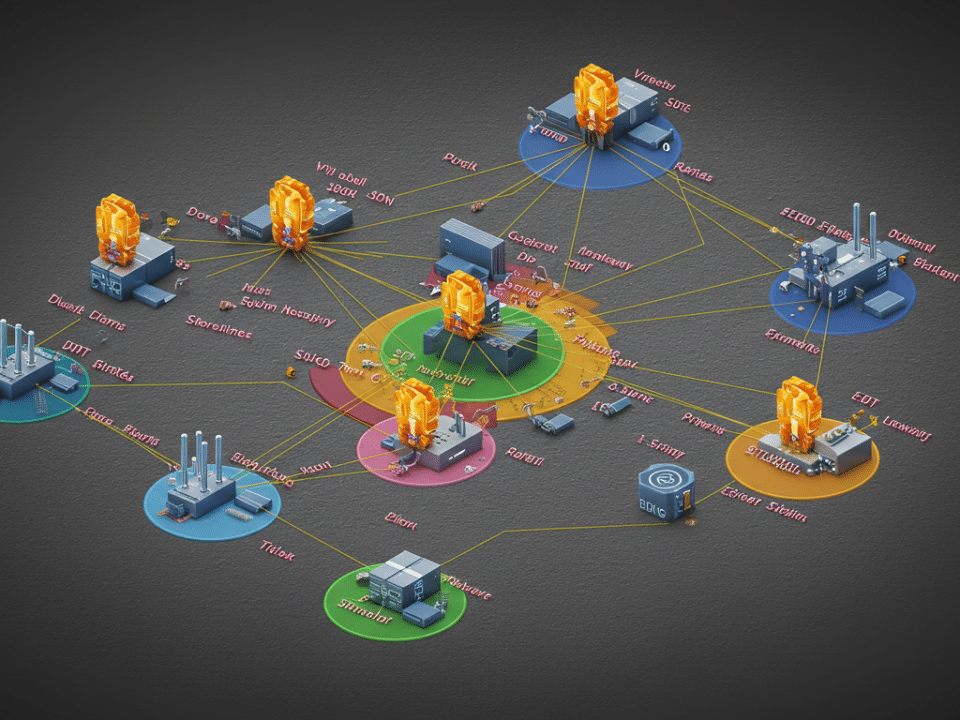
Outlook’s Achilles’ Heel: Hashed Passwords Exposed by Calendar Flaw
January 22, 2024
The Chameleon of Cybercrime: Adaptive Phishing Campaigns
January 24, 2024A cyberattack on Seattle’s Fred Hutchinson Cancer Research Center has taken a sinister turn, with patients now facing not just email blackmail, but also the frightening prospect of swatting attacks. This malicious tactic involves tricking emergency responders into sending an armed police response to a victim’s home under false pretenses. The development has cast a long shadow of fear and uncertainty over those already grappling with the fallout of the data breach.
From Blackmail to Real-World Threats
The initial wave of emails sent to Fred Hutch patients demanded cryptocurrency payments in exchange for keeping stolen personal information off the dark web. Now, these threats have morphed into something even more personal and potentially dangerous. Swatting attacks can have devastating consequences, putting victims at risk of property damage, violent encounters, and even death.
A Call for Vigilance and Action
In the face of this escalating situation, it’s crucial for everyone involved to remain vigilant and take necessary precautions:
- Be wary of suspicious communications: Be on high alert for emails, calls, or texts claiming to be from Fred Hutch or law enforcement, especially if they demand money or personal information.
- Don’t succumb to ransom demands: Security experts strongly advise against engaging with the perpetrators. Paying only fuels their criminal activity and offers no guarantee of stolen data deletion.
- Report threats immediately: Contact the FBI Internet Crime Complaint Center (IC3) and alert Fred Hutch about any suspicious activity or threats.
- Monitor your accounts closely: Keep a watchful eye on bank statements and credit reports for any signs of unauthorized activity.
- Stay informed: Regularly check Fred Hutch’s official updates and cybersecurity recommendations for the latest developments and guidance.
A Stark Reminder of Healthcare Vulnerabilities
The Fred Hutch data breach shines a harsh light on the urgent need for robust cybersecurity measures in healthcare systems. The institution is facing mounting legal pressure, with lawsuits demanding accountability for the security lapses that led to the breach.
Protecting Patient Privacy: A Collective Responsibility
Ensuring patient privacy and safety in the digital age requires a multi-pronged approach:
- Prioritizing data security: Healthcare institutions must invest in advanced cybersecurity infrastructure and protocols to safeguard sensitive patient information.
- Implementing stricter regulations: Governments and regulatory bodies should establish and enforce stricter data protection laws specific to the healthcare sector.
- Raising awareness and promoting cybersecurity best practices: Educating both patients and healthcare providers about cybersecurity threats and best practices is essential for building a more secure healthcare ecosystem.
Taking a Stand for Patient Safety
The Fred Hutch data breach and the subsequent escalation of threats serve as a stark reminder of the vulnerabilities inherent in our healthcare systems. We must come together – patients, healthcare providers, policymakers, and the tech industry – to prioritize patient safety and hold healthcare institutions accountable for protecting sensitive data. By working collectively, we can create a safer healthcare landscape for all.
Share Your Voice
Have you been affected by the Fred Hutch data breach? What are your thoughts on the current situation and the steps that need to be taken to ensure patient safety in the digital age? Share your experiences and insights in the comments section below.
Together, we can make a difference. Let’s raise our voices and demand better cybersecurity in healthcare!
Additional Resources:
- Fred Hutchinson Cancer Research Center Data Breach FAQ: https://www.fredhutch.org/en/about/about-the-hutch/accountability-impact/notice-to-our-patients-of-data-security-incident.html
- FBI Internet Crime Complaint Center (IC3): https://www.ic3.gov/
- Health Information Trust Alliance (HITRUST): https://hitrustalliance.net/




